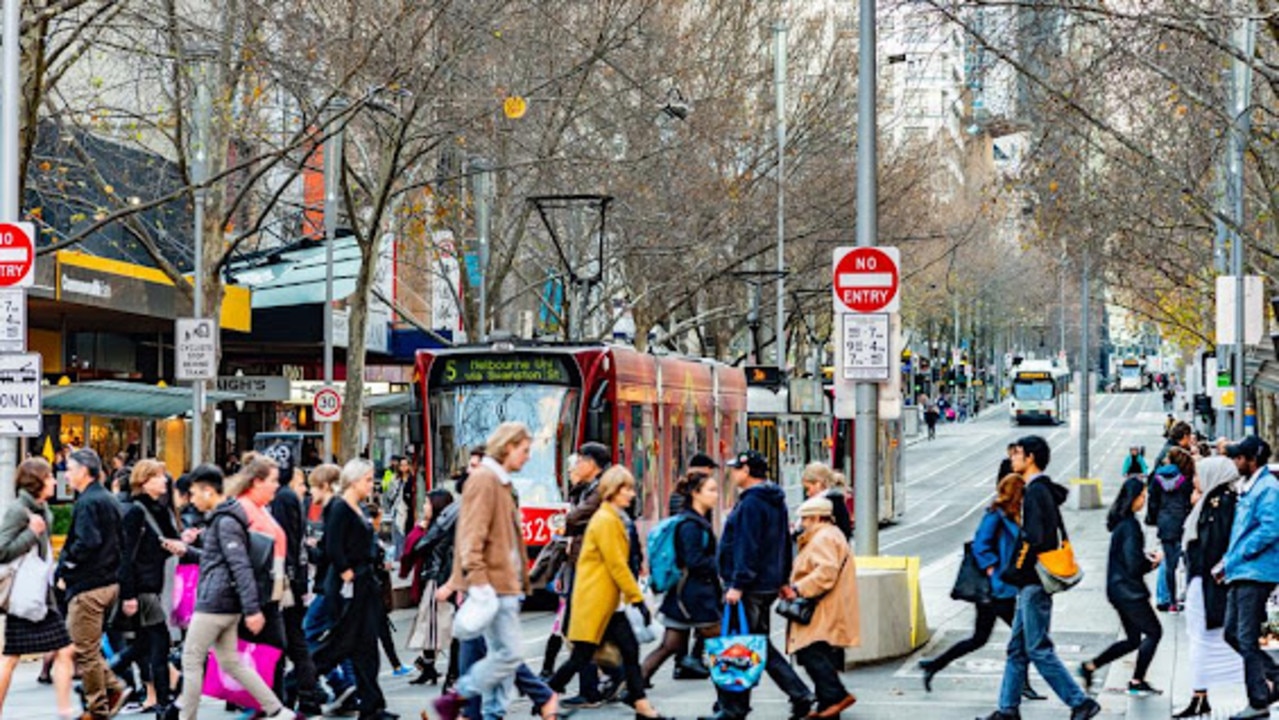Young Aussies have revealed how they take advantage of their workplaces
Aussie workers have revealed the petty and silly things they do to make the most of their jobs while wages remain stagnant.

Young Aussies are doing sneaky things to get the most out of their mediocre wages during the cost of living crisis.
It is no secret that across the board workers aren’t being compensated for the soaring inflation in Australia.
Financial adviser Victoria Devine recently said on her podcast She’s On The Money: “If you’re not getting a 7 per cent pay rise this year, you’re actually financially going backwards.”
Inflation in Australia has climbed up to 7 per cent, yet wage growth is only hovering around 3 per cent. It also doesn’t look like that will be changing anytime soon.

New research from recruiter Robert Half has found that 58 per cent of Australian employers are solely basing remuneration decisions in 2023 on individual and company performance instead of as a form of retention.
So what are Aussies doing? Well, we’ve all heard of the terms like quiet quitting where employees start to do the bare minimum; but now Generation Z and Millennials are taking a new approach.
Instead of just quietly doing less, they are now learning how to take more.
This isn’t just scabbing toilet paper or stocking up on extra pens to help save a few bucks. Some crafty workers have kicked things up a notch.
Amy* lives in Melbourne and is a prime example of a woman who feels slighted by her stagnant income during these inflated times.
She’s past the point of even bothering to ask for a pay rise. Instead she’s taken matters into her own hands.
She’s started a side hustle – but is doing it while getting paid by her primary employer.
“I make art for my side hustle on company time and fully take advantage of flexible hours,” she told news.com.au.
So what does that mean exactly? Well, it means she fudges how much she is actually working.
“In my company, most people are doing 10am to 6pm, and I supposedly work 9am to 5pm, but as long as I look like I’m online at 9.55am, no one knows any different,” she said.
Plus, Amy has a foolproof way to secure some more personal time if she needs it.
“When I’m mad at work, I like to schedule half-hour ‘meetings’ before or after lunch or right before I finish up for the day,” she said.

Amy’s not alone; plenty of Aussies are finding innovative ways to get more from their work in unique ways because their wages aren’t going up.
Joan* revealed that she’s found a way to save money at work.
“I don’t contribute to farewells/baby showers/welcome back lunches – any of that – but I will turn up and always eat the food even if I don’t put in for it,” she said.
In these times, who does have the extra cash to splash to celebrate Kath’s 50th?
Lisa* said that while wages remain stagnant, she’s staying firmly at home.
“I insist on working from home because it saves me so much money. If I’m going into an office, it always costs extra to get there,” she said.
Meanwhile Rachel* said slow wage growth had stopped her from feeling the pressure to do everything by the book.
“I just straight up fake all my work-from-home training, and I take extra-long lunch breaks,” she said.

Are you seeing a pattern here?
As young Aussies find ways to make work benefit them more, they aren’t feeling guilty because they don’t feel like they are getting paid enough to give work their undivided attention and commitment.
Lyndal Hughes is the managing director of Q5 Australia and has decades of experience in consulting.
“Wages play a practical and symbolic role for each of us. Of course, there is the old saying ‘money can’t buy happiness’, but it does buy food, a roof and elements of a good life. What we also know about people, is that we all have an innate sense of equity,” she said.
So do people feel like they need to be correctly remunerated to do their best work?
Well, yes.
“Research has shown that we balance our effort based on the perceived equity of the reward. As an example, if we are rewarded more, then our sense of equity will mean that we put in more effort compared with a lower reward, and conversely remove effort. Wages mean more than money. They are also an indicator of how valued we are in an organisation. Not getting an increase in wage hits morale and sense of worth, especially within a backdrop of increasing cost of living,” she said.
So where does the confidence to do less come from?
Vanessa Gavan, a trained psychologist and leadership expert, said: “[Generation Z] come to the workplace expecting more abundance, which is great as they have a purpose-led mindset, but the challenge is that employers need to take the corporate responsibility to bring them into the workplace and work with them on their mindset.”
Ms Gavan believes that the economic times we are in combined with social pressures have led our youngest workers to feel they need to earn good money to thrive.
“Internal pressure combined with the rising cost of living is only exacerbating their pressure and expectation for growth,” she said.
Names have been changed for privacy reasons






